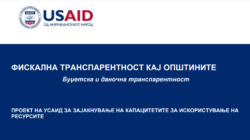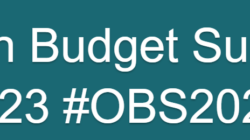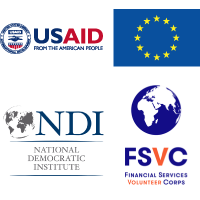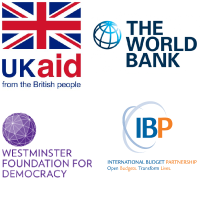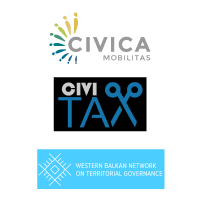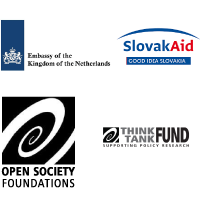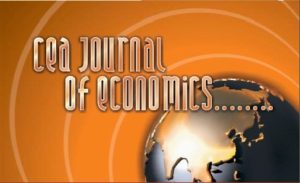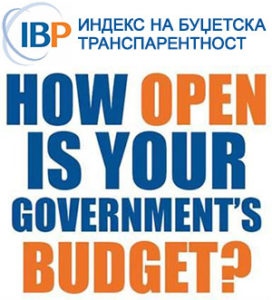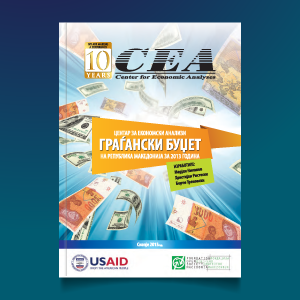Full Issue
| View or download the full issue |
Articles
|
Shenaj Hadzimustafa, Remzije Rakipi, Marjan Nikolov
|
The at-risk-of-poverty rate in the Republic of Macedonia in 2015 is 21.5% and the Gini coefficient 33.7%.The study examines health cost based on available official data from the State Statistical Office (Household Consumption in the Republic of Macedonia and Laeken poverty indicators) from the period of 2005-2015. Findings show that if we exclude the costs for health from the cost structure, the poverty line would be reduced by 3% on average and the number of poor reduced for 15 000 persons in average. Therefore the health system in the country should be based on the pro-poor approach, be more fair and responsive to the needs of people.
|
Katerina Fotova Čiković, Violeta Cvetkoska
|
The aim of this paper is to measure the relative efficiency of the commercial banks in Macedonia by using the non-parametric methodology Data Envelopment Analysis (DEA). The key role when applying DEA for measur-ing the efficiency of entities is given to the selection of inputs and outputs. In our study 3 inputs and 3 outputs are selected according to the intermediation approach. The sample consists of 14 banks and the observed peri-od is eight years (2008-2015).
|
Dragan Gocevski, Marjan Nikolov
|
The paper provides an approach to defining organizational effectiveness as a state of relations within and among relevant constituencies of the organization. Further on a review of relevant research on evaluating orga-nizational effectiveness is provided and a methodology for evaluating effectiveness through a multiple con-stituency approach is proposed. The method is elaborated and tested on a case, of one administrative agency in the Republic of Macedonia, the Administration Agency for a period of 13 years.
|
Strike Mbulawa
|
The study focuses on household welfare in the context of Southern Africa Development Community (SADC) against the background that few studies have addressed this issue despite its importance in policy making. Past studies have failed to explain the impact of remittances on household welfare throughout the different distribu-tions. The study aimed to: (1) establish the key determinants of household welfare and explain how they behave across different quantiles (2) discuss the substitutability between remittances and FDI as drivers of household welfare. The study employs panel data (1975-2014), conditional quantile regression and panel least squares approach.
|
Dushko Josheski
|
This essay theoretically investigates symmetric types of auctions and provides simulation for the different types of statistical distributions that bidders follow in order to determine the maximum bid, Expected revenue for the auctioneer, Expected payment by bidders, Expected utility of the bidders, probability that item is unallocated. In addition, the subject of interest of this paper are three types of auctions: FPA (first price auction, Dutch type, SPA (Second price auction, English auction, Vickrey auction), APA (all-pay auctions)
|
Nenad Markovic, Marjan Nikolov
|
The Republic of Macedonia and Greece have a symbolic dispute that lasts for almost three decades. In the cen-tre of the dispute is the term “Macedonia” that Greece claims to be exclusively Greek, at the same time deny-ing the right of the neighbouring country to freely use the name. The paper examines several aspects of the dis-pute. By utilizing the theoretical framework given by the ethnosymbolic school of nationalism (predominantly Smith and Hutchinson), it explains the theoretical aspects of symbols and their use in nation building process-es. Furthermore, it examines the conflict itself and its background, trying to establish the precise kind of sym-bolic conflict it belongs to, and the possible outcomes given the asymmetric power relation between the two actors. Finally, it analyses the costs of the economic embargo imposed to the Republic of Macedonia by Greece, as a direct consequence of the symbolic dispute between the two countries.

